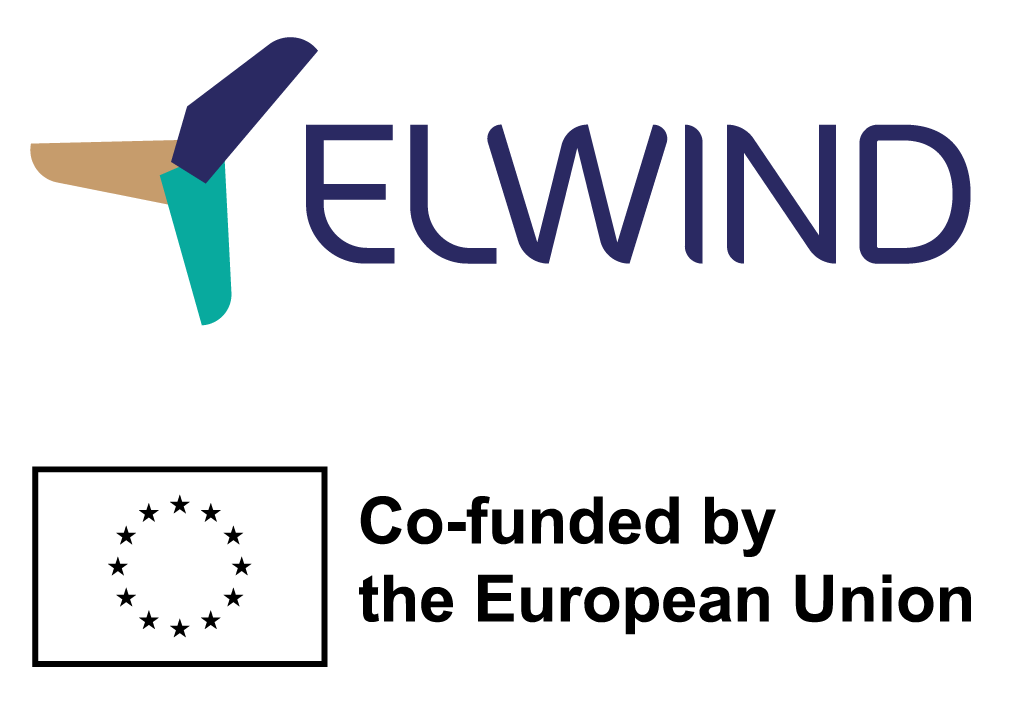The Consumer Protection and Technical Regulatory Authority (CPTRA) has decided on 28 March 2024 to initiate the superficies licence proceedings and environmental impact assessment on the basis of the application for the Estonian-Latvian joint offshore wind farm project (ELWIND) submitted by the Environmental Investment Centre (EIC).
“Following the initiation of the superficies licence proceedings and the environmental impact assessment, the EIC can start drawing up the environmental impact assessment programme. Among other things, the programme provides a description of the assessment methodology used in environmental impact assessment, including information about the studies necessary for environmental impact assessment,” said Kristi Talving, Director General of the CPTRA. “The EIC must submit an environmental impact assessment programme to the CPTRA within 18 months and an environmental impact assessment report within 24 months after the decision to approve the environmental impact assessment programme as meeting the requirements. After the report is approved as meeting the requirements, the superficies licence can be issued and an auction for the development of the offshore wind farm can be organised,” Talving added.
ELWIND is a unique cross-border hybrid project in the European Union. Rein Vaks, Head of the Energy Department of the Ministry of Climate, emphasised that ELWIND does not compete with other offshore wind farm projects. “By implementing the ELWIND project, we are increasing our domestic competence in the development of offshore wind. It helps us as a country to better prepare for the arrival of the next offshore wind farms,” said Vaks. “Accelerating the development of renewable energy is also supported by the draft acts currently being heard in the Riigikogu.” EU funding is used to implement the ELWIND project to partially cover the costs of the environmental impact assessment programme.
According to Tõnn Tuvike, Project Manager of ELWIND, the aim of the Estonian-Latvian cooperation project is to create favourable conditions for affordable renewable energy to come to our region, which will benefit both the local community as well as Estonian and Latvian electricity consumers. “The environmental impact assessment programme is the first important step in describing the scope and methodology of the studies, community involvement, etc. We are looking into how an offshore wind farm would affect, among other things, the socio-economic situation, the view from the coast, wildlife and the seabed. Thanks to thorough research, companies have good preliminary information on the conditions under which an offshore wind farm could be built in the area as they participate in the auction.”
EU funding is used to implement the ELWIND project to partially cover the costs of the environmental impact assessment programme.
You can find the full notification by CPTRA here.

